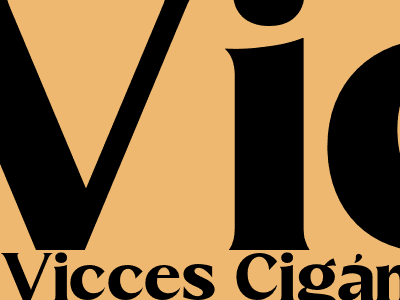SEO Essentials: A Comprehensive Guide to Blogger.com and Google Policies
Introduction
In today's digital landscape, search engine optimization (SEO) has become paramount for businesses looking to establish a strong online presence. For bloggers on platforms like Blogger.com, adhering to both Blogger.com and Google policies is crucial for visibility, ranking, and overall success.
This comprehensive guide will provide you with in-depth knowledge and actionable strategies to optimize your Blogger.com blog in accordance with Google's guidelines, ensuring that your content reaches its intended audience and achieves its full potential.
Understanding Blogger.com Policies
Blogger.com has established clear policies that bloggers must comply with to maintain their accounts and protect the platform's integrity. These policies include:
- Prohibiting illegal activities, such as copyright infringement, spam, and phishing.
- Requiring accurate and transparent representation of content ownership and attribution.
- Prohibiting excessive or misleading advertising and affiliate links.
- Encouraging ethical and responsible content creation, avoiding hate speech, discrimination, and violence.
- Respecting privacy laws and regulations, including obtaining necessary consent for sharing personal information.
Understanding Google's SEO Guidelines
Content Quality
Google emphasizes the importance of high-quality content that provides value to readers. This includes:
- Creating original, informative, and engaging content that addresses the needs of your target audience.
- Structuring content with clear headings, subheadings, and paragraphs for readability.
- Using keywords naturally throughout the content, avoiding keyword stuffing.
- Including relevant images, videos, and multimedia to enhance user experience.
Technical SEO
Technical SEO involves optimizing your blog's infrastructure for search engines to crawl and index it effectively. This includes:
- Using a mobile-friendly website design that adapts to different devices.
- Ensuring fast page loading speeds to improve user experience and search rankings.
- Creating an XML sitemap to help search engines discover and understand your blog's content.
- Implementing structured data to provide search engines with additional context about your content.
Backlinks
Backlinks are links from external websites to your blog. They are a valuable indicator of the credibility and authority of your content in the eyes of search engines.
- Focus on acquiring backlinks from reputable and relevant websites in your industry.
- Avoid participating in link schemes or purchasing backlinks, as it can harm your SEO rankings.
- Build relationships with other bloggers and websites in your niche to naturally acquire backlinks.
Conclusion
By adhering to Blogger.com policies and implementing Google's SEO guidelines, you can optimize your blog for visibility, ranking, and success. Remember, SEO is an ongoing process that requires consistent effort and a commitment to providing valuable content to your audience.

Comments